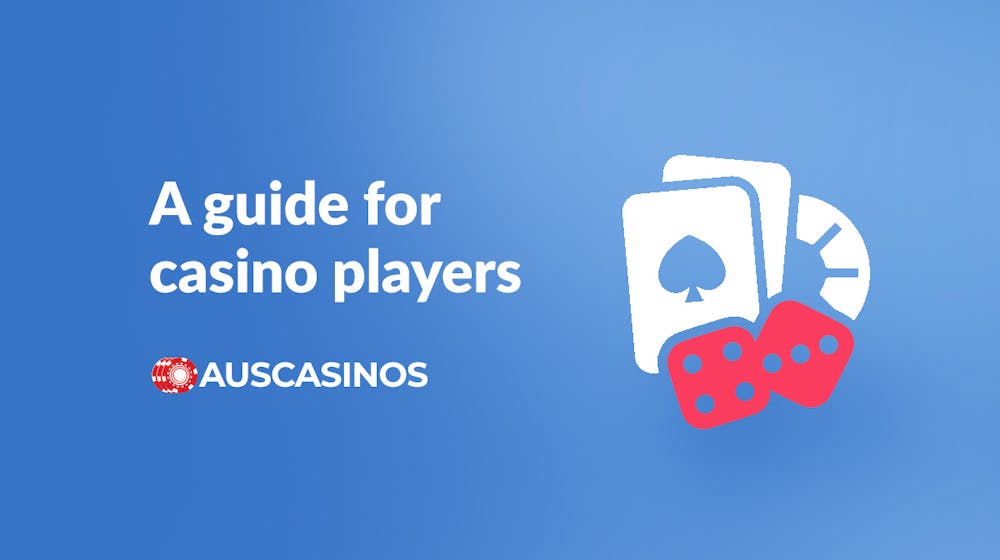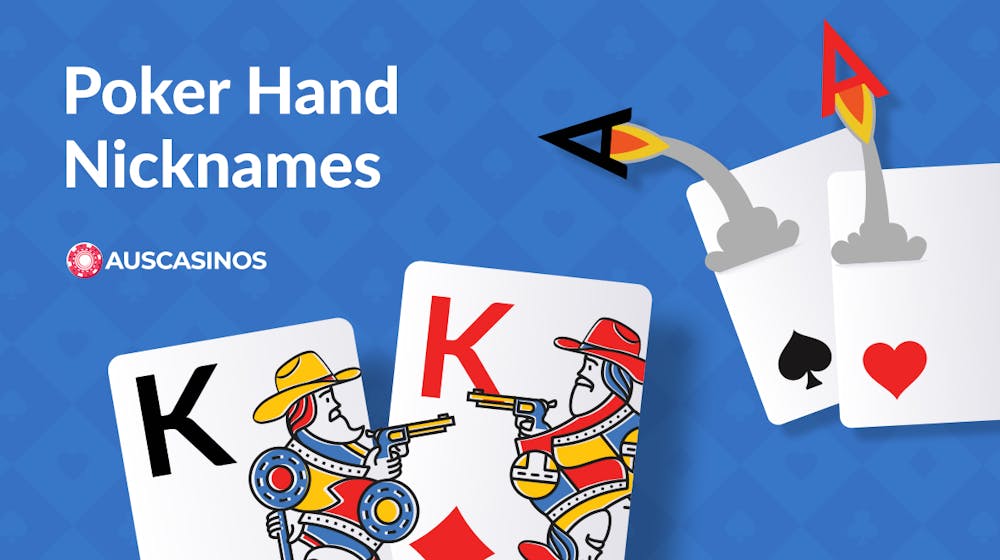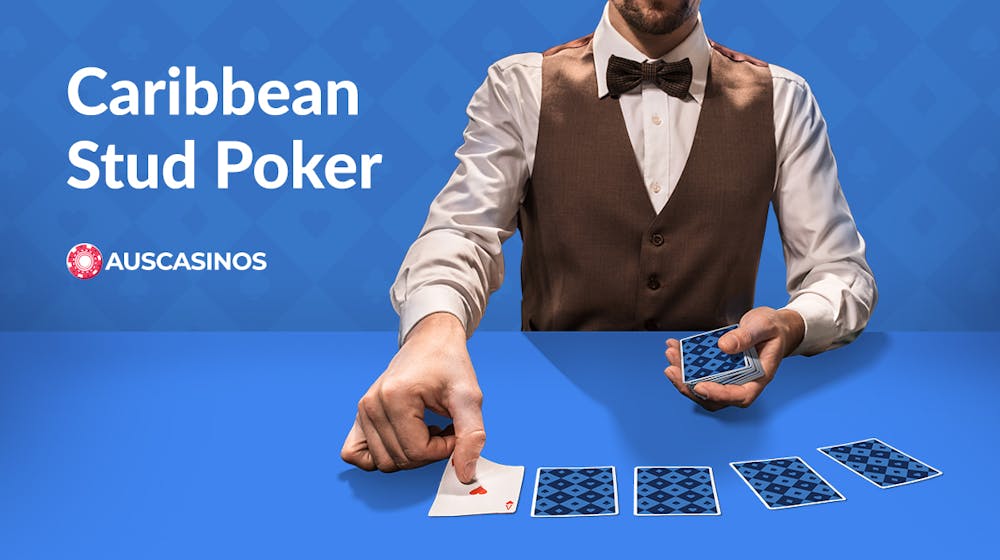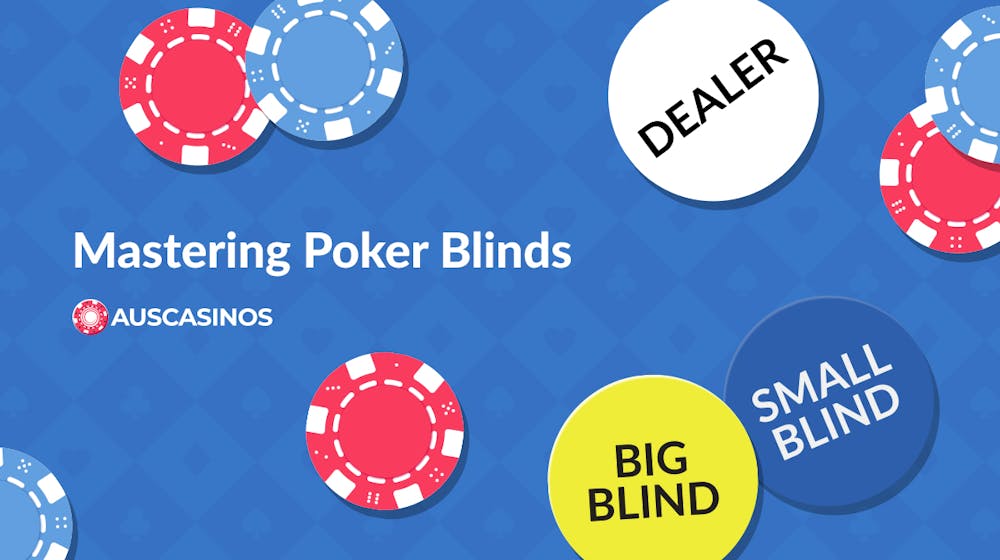How to Play 2-7 Triple Draw Poker


2-7 Triple Draw poker is a lowball poker variant where the goal is to make the lowest five-card hand. Straights and flushes work against you, and aces are always high. The game has three drawing rounds and four betting rounds, giving players chances to discard and improve their hands.
Originating in the American Midwest, 2-7 Triple Draw gained traction in high-stakes cash games and is now a staple in mixed-game formats, even featured in the World Series of Poker. It’s perfect for players who enjoy strategic play and hand manipulation across multiple rounds.
By the end of this guide, you'll know the rules, hand rankings, betting structure, and key strategies to maximise your chances of winning.
2-7 Triple Draw - 5 Key Takeaways:
1. Aim for the lowest five-card hand without straights, flushes, or pairs. The best possible hand is 7-5-4-3-2 of mixed suits.
2. There are three drawing rounds and four betting rounds. Use each draw wisely to improve your hand.
3. Position matters, but less than in other poker variants. Late position still provides an advantage in gaining information about another player's hand.
4. Starting hand selection is crucial. Avoid hands with aces, pairs, or too many high cards.
5. Pay attention to opponents' drawing and betting patterns to gain valuable information about their hand strength.
2-7 Triple Draw Rules
The goal of 2-7 Triple Draw is to make the lowest possible five-card hand. The game is typically played with 2-8 players using a standard 52-card deck. Each player is dealt five cards face down, followed by a round of betting. After this initial betting round, players have three opportunities to discard and draw new cards, with a betting round after each draw.
The unique aspect of the 2-7 Triple Draw is its hand ranking system. The best possible hand is 7-5-4-3-2 of mixed suits, known as a "wheel" or "number one." Aces are always high, and straights and flushes count against you. Pairs are also undesirable.
This is quite different compared to game modes such as Texas Holdem and Omaha.
Each betting round sees action move clockwise from the first active player to the left of the dealer button, with players having the option to check, bet, raise, or fold depending on the action before them. After the third and final drawing round, surviving players enter a showdown in which the lowest qualifying hand wins the pot.
Reading opponents and deducing their hand strength based on their drawing and betting patterns is crucial to winning in 2 7 Triple Draw.
2-7 Triple Draw: The Basic Betting Action
The betting action in 2-7 Triple Draw follows a structured format:
- Pre-draw: Players engage in the first betting round after receiving their initial five cards.
- First draw: Players discard unwanted cards and receive replacements, followed by a second betting round.
- Second draw: Another opportunity to discard and draw, followed by a third betting round.
- Third draw: The final drawing round, followed by the fourth and final betting round.
- Showdown: If more than one player remains, hands are revealed, and the lowest hand wins.
During each betting round, players can:
- Check: Pass the action to the next player without betting (if no bet has been made).
- Bet: Place a wager if no one has bet yet.
- Call: Match the current bet to stay in the hand.
- Raise: Increase the current bet, forcing others to match or fold.
- Fold: Surrender their hand and forfeit any chance of winning the pot.
Poker Blinds and Antes
In 2-7 Triple Draw, poker blinds are typically used to create initial action and build the pot. The game usually employs a small blind and a big blind, similar to Texas Hold'em. Antes may also be used in some variations, especially in tournament play.
Small Blind: Posted by the player to the left of the dealer button, usually half the size of the big blind.
Big Blind: Posted by the player to the left of the small blind, typically equal to the small bet size.
Blinds serve several purposes in 2-7 Triple Draw:
- They create initial action by forcing players to put money in the pot.
- They ensure that every hand has a minimum pot to play for.
- They provide an incentive for players to participate in hands, even with marginal starting hands.
Antes may be introduced alongside blinds in some high-stakes cash games or tournaments. Antes are small forced bets posted by all players before each hand, further increasing the pot size and encouraging action.
Table Position in 2-7 Triple Draw
While table position is not as critical in 2-7 Triple Draw as in games like Texas Hold'em, it still plays a significant role in strategic decision-making.
The dealer button, a key player in this game, rotates clockwise after each hand, determining the action order for betting and drawing rounds. This simple yet powerful mechanism can seriously influence a hand's outcome.
Early Position: Players to the left of the big blind act first in each round. They have the disadvantage of acting with less information.
Middle Position: Players in the middle of the table have a balanced position, with some information from early position players.
Late Position: The button and players near it act last in each round, giving them the most information about their opponents' actions.
Blinds: The small and big blinds act last before the first draw but first in subsequent rounds.
Position becomes more important in later betting rounds, as players can use the information gained from opponents' drawing and betting patterns to make more informed decisions.

2-7 Triple Draw Hand Rankings
The hand rankings are reversed in 2-7 Triple Draw compared to traditional high poker games. The goal is to make the lowest possible hand without pairs, straights, or flushes. Hand rankings from best (lowest) to worst:
Remember, aces are always high, and straights and flushes count against you. Pairs are also undesirable. When comparing hands, start with the highest card and work down.
For example, 8-6-5-4-2 beats 8-7-3-2-A because the 6 is lower than the 7 in the second-highest card.

Winning a Hand in 2-7 Triple Draw
There are three main ways to win a hand in 2-7 Triple Draw:
Showdown: After the final betting round, hands are revealed if more than one player remains. The player with the lowest five-card hand wins the pot.
Uncontested: If all other players fold before the showdown, the last remaining player wins the pot uncontested.
Bluffing: A player can win by representing a strong (low) hand and forcing opponents to fold better hands through aggressive betting.
To win at showdown:
- Have the lowest five-card hand among the remaining players.
- In case of a tie, the pot is split equally among tied players.
- Remember that straights, flushes, and pairs count against you.
- Aces are always high, so avoid keeping them in your hand.
2-7 Triple Draw Starting Hands
There are three primary ways to win a hand in 2-7 Triple Draw:
Showdown: After the final betting round, hands are revealed if more than one player remains. The player with the lowest five-card hand wins the pot.
Uncontested: If all other players fold before the showdown, the last remaining player wins the pot uncontested.
Bluffing: A player can win by representing a strong (low) hand and forcing opponents to fold better hands through aggressive betting.
Best Poker Hands
The best-starting hands in 2-7 Triple Draw are those already strong or have the potential to become strong with minimal draws. These include:
- 7-5-4-3-2 (perfect hand)
- 7-6-4-3-2
- 7-5-4-3-x (where x is 8 or lower)
Play these hands aggressively, as they require little or no improvement.
Good Poker Hands
Good starting hands are those that need only one or two cards to become strong:
- 7-6-5-3-x (where x is 8 or lower)
- 7-6-4-x-x (where x is 8 or lower)
- 8-5-4-3-2
These hands can be played from any position but may require careful consideration based on opponents' actions.
Speculative Poker Hands
Speculative hands have potential but need significant improvement:
- 8-7-6-x-x (where x is 9 or lower)
- 8-6-5-4-x (where x is 9 or lower)
- 9-7-5-4-2
Play these hands cautiously, especially from early position. They can be profitable if improved but may need to be folded if faced with strong resistance.
Bad Poker Hands
Hands to avoid playing include:
- Any hand with an Ace
- Any hand with a pair
- Any hand with four cards 9 or higher
These hands are difficult to improve and often lead to losing situations. It's generally best to fold these hands pre-draw.
2-7 Triple Draw Starting Hands Cheat Sheet

Betting in 2-7 Triple Draw
Betting in 2-7 Triple Draw is crucial for maximising value with strong hands and minimising losses with weak ones. Here are some key points to consider:
Why bet?
- To build the pot when you have a strong hand
- To bluff and represent a strong hand
- To gain information about your opponents' hands
When to bet?
- When you have a made hand (7-low or 8-low)
- When you're drawing to a strong hand and want to apply pressure
- When you suspect your opponents are weak or drawing
How much to bet?
- In fixed-limit games, bets are predetermined (small bet for first two rounds, big bet for last two)
- Bet the maximum when you have a strong hand to build the pot
- Consider pot odds when deciding whether to call or fold to an opponent's bet
Remember that betting patterns and drawing habits can provide valuable information about your opponents' hands. Use this information to make better decisions throughout the hand.
2-7 Triple Draw FAQ

Emily is our seasoned content writer. She writes easy to read and helpful game guides, so you can quickly understand the rules of each game and get some useful tips that can help boost your chances of winning.
Read more about the author





